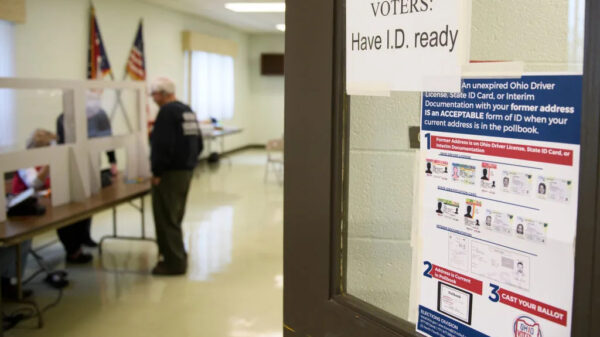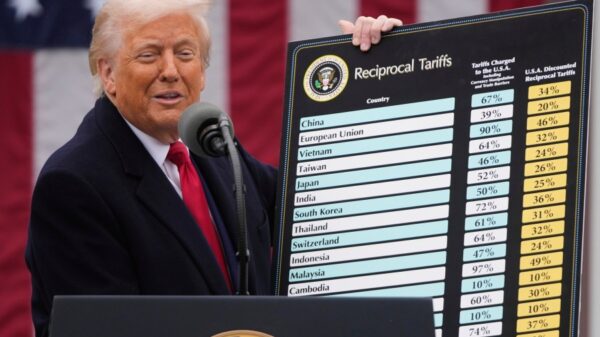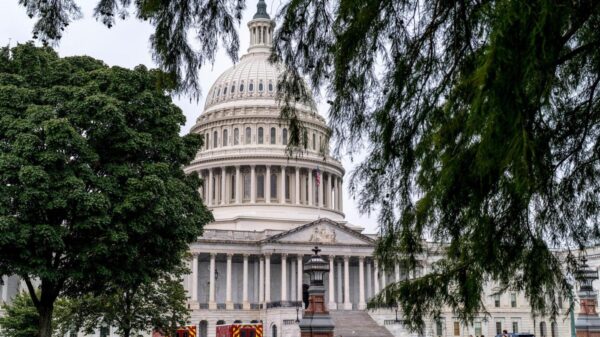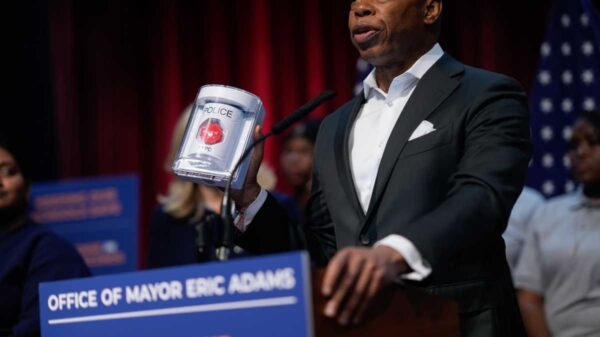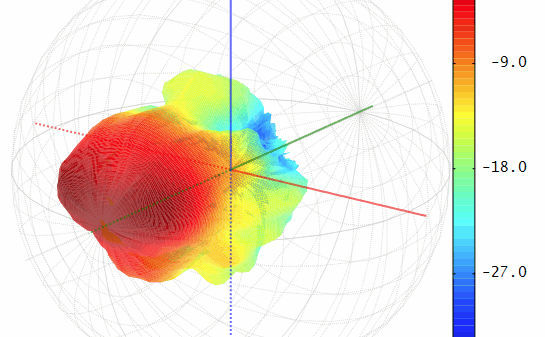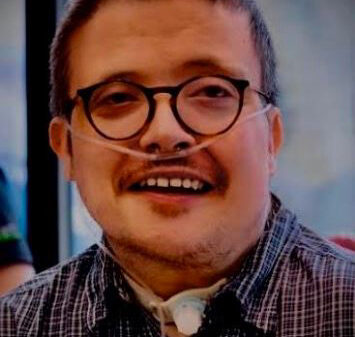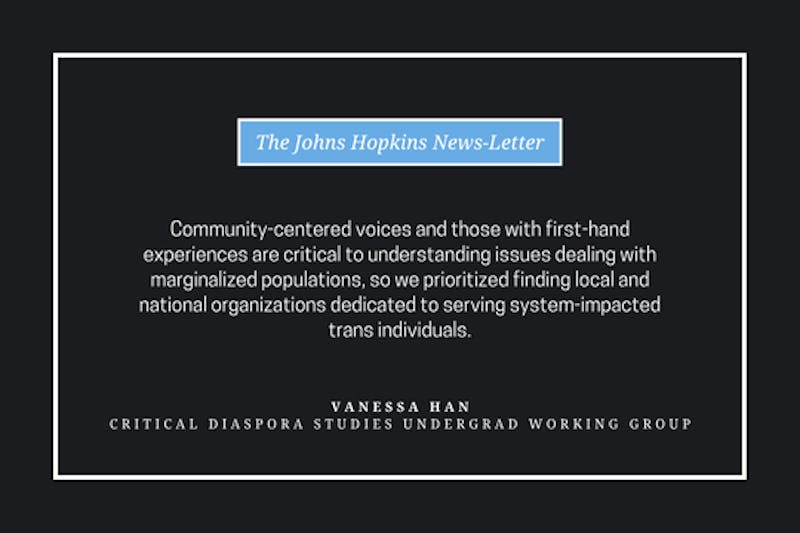On October 8, 2025, the Critical Diaspora Studies undergraduate working group at Johns Hopkins University hosted a significant panel discussion addressing transgender justice within the carceral system. The event featured a diverse array of voices, emphasizing the pressing need for community engagement and scholarly insight into the challenges faced by marginalized populations.
Hailey Saya Tomlinson, a senior majoring in Sociology and International Studies, moderated the panel. She introduced the speakers, including Dr. Nicole Morse, a professor at the University of Maryland Baltimore County, and Dr. Vesla Weaver, a professor of Political Science and Sociology at Johns Hopkins. Arianna Lint, a transgender educator and advocate, participated virtually. This diverse lineup aimed to bridge the gap between academic discourse and community needs, providing a comprehensive perspective on the complexities of transgender issues in the criminal justice system.
Dr. Morse, known for their upcoming book, *Bending the Bars: Queer Conspirators Against Carcerality*, highlighted the intersection of media studies and LGBTQ+ identity, focusing on how queer individuals challenge systemic oppression. In their presentation, they shared personal experiences, including their previous marriage to a prison guard, which influenced their activism. Morse asserted that the treatment of trans women in prisons has worsened, particularly under the recent administration, where many have been transferred to men’s facilities and subjected to solitary confinement. They stated, “People who are incarcerated have been, in a sense, the canary in the coal mine for authoritarianism.”
Dr. Weaver brought a broader perspective to the discussion, focusing on the historical and political dynamics of the prison system. She pointed out that understanding the carceral system is not solely a matter of political science but is also rooted in issues of power and community worth. Weaver emphasized the importance of addressing systemic failures, claiming, “People have many interactions with the state before they ultimately are incarcerated,” which highlights missed opportunities for intervention before criminal behavior occurs.
Arianna Lint shared her vital work with Arianna’s Center, an organization supporting trans women of color in Florida. She discussed the impact of political changes on her organization, particularly the decline in funding for HIV and AIDS services for incarcerated individuals. Lint expressed frustration with government inaction, noting that many transgender immigrants are hesitant to seek help due to fears of deportation by Immigration and Customs Enforcement (ICE). “The most sad [thing] is when founders and when people… make a policy and the people they have in power right now… don’t listen to us,” she remarked, underscoring the disconnect between policymakers and the communities they serve.
As the discussion progressed, questions from the audience further illuminated the complexities of trans justice and incarceration. Tomlinson inquired about the importance of archives in studying incarceration, prompting Weaver to stress the value of first-person narratives. She argued that statistics often fail to capture the true experiences of incarcerated individuals, perpetuating a cycle of invisibility.
The panel concluded with an audience Q&A session, where attendees sought advice on reconciling differing approaches within the advocacy community. The conversation highlighted the tension between prison abolitionists and those seeking to reform existing systems. Weaver pointed to the success of closing numerous juvenile facilities as a testament to the effectiveness of grassroots movements.
In an email to The News-Letter, senior Vanessa Han, a member of the Critical Diaspora Studies working group, expressed her hopes that attendees would gain a deeper understanding of the violence and challenges faced by the transgender community within the carceral state. “With these first steps of education, we hope audience members will become more involved,” she stated, emphasizing the importance of community engagement and research.
As the event showcased, the intersection of transgender justice and the carceral system requires ongoing dialogue and action, highlighting the need for solidarity with those affected by these systemic issues.



